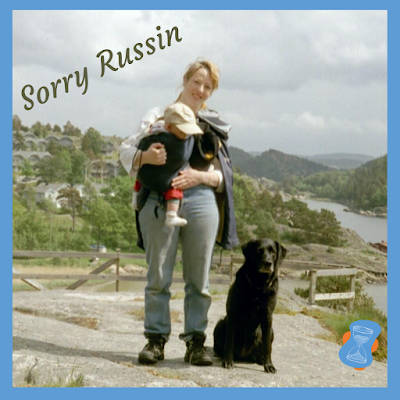Welcome back to Twelve essential questions to tell a life story. By joining me in twelve blog posts you will create what Rabbi Leder calls your ethical will.
By answering the questions your loved ones will get to know you deeper and you will understand yourself better. Let your memories bring meaning!
To join – read the blog posts, reflect on the questions and write down your own answers. You are very welcome to share them in the comments.
Welcome on an interesting journey!
What was your biggest failure?
Hmm, isn’t this a strange question? What is a failure anyway, isn’t it just a lesson?
Maybe.
In my experience a failure can hurt even if we learn from it. I know the failure I will tell you about still saddens me even if I have learned from it and things turned out alright in the end.
As Steve Leder writes:
“Failure is a great teacher, attacking arrogance while inviting humility, painfully yet fortunately forcing us to take a cold, hard look at our own dysfunction, its roots and its thorns.”
Let’s have a look at a touching failure shared in the book:
“My greatest flaw, in my view, is I could not accept my dad, who was an uneducated man damaged by his poverty-stricken upbringing, a survivor of the Holocaust who lost his first family. He was not the flawed one, I was. I just wish when my dad had dementia and said at the age of ninety-three that he didn’t think I loved him, and I said I did, that I meant it at the time. I do now!”
My biggest failure was letting go of Russin, a wonderful labrador-border collie mix. I grew up with dogs and never thought I would ever need to give one up. My Springer spaniel Lotti and I even won prizes at obedience competitions.
Sure, I noticed early on Russin was more insecure than my previous dogs, but we were convinced we would be able to raise her to become a stable dog, just like we had our previous dogs. When our first child came to our family, Russin didn’t know how to deal with him. As long as he was too small to move around it was alright, but when he started crawling and standing she saw him as a threat. Then, suddenly, Russin started attacking Lotti, our other dog. They had been great friends up until then. Their fights were not just skirmishes, Lotti got badly hurt and the fights were hard for us to break up once they started. We lived in a war zone, having to keep the dogs apart and worrying about Russin possibly hurting our baby one day.
Of course we thought we could fix it. Of course we tried. The alternative, giving up a dog was at first unthinkable. In my head that was what bad dog owners did. People who gave up too quickly, irresponsible, uncaring dog owners. Surely we weren't like that?
In the end we realised the best for the whole family, Russin included, was to find her another family. We did. They loved her and sent us photos of her life with them for many years.
While we tried to fix the situation we got to know great dog trainers and became more intuitive dog owners. By letting go of Russin there was eventually space in our life for Jaspis, the best possible dog for a family with by then three children.
Still.
Despite all the learnings and all good things coming from this situation, I still hurt when I think about Russin looking at us through the rear-window of her new owners’ car.
Still.
Despite all the learnings and all good things coming from this situation, I still hurt when I think about Russin looking at us through the rear-window of her new owners’ car.
To my wonderful Russin, now in heaven since long,
I am sorry things didn’t turn out as intended even though they did turn out well in the end. Love you forever.
Matte Annika

